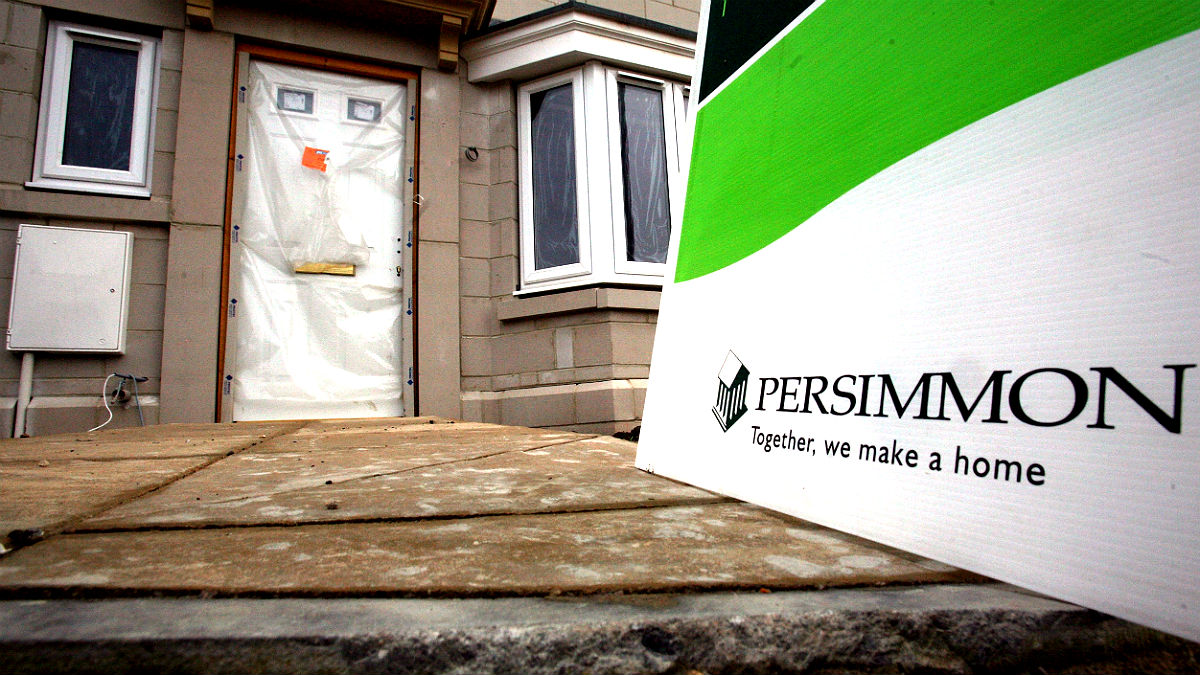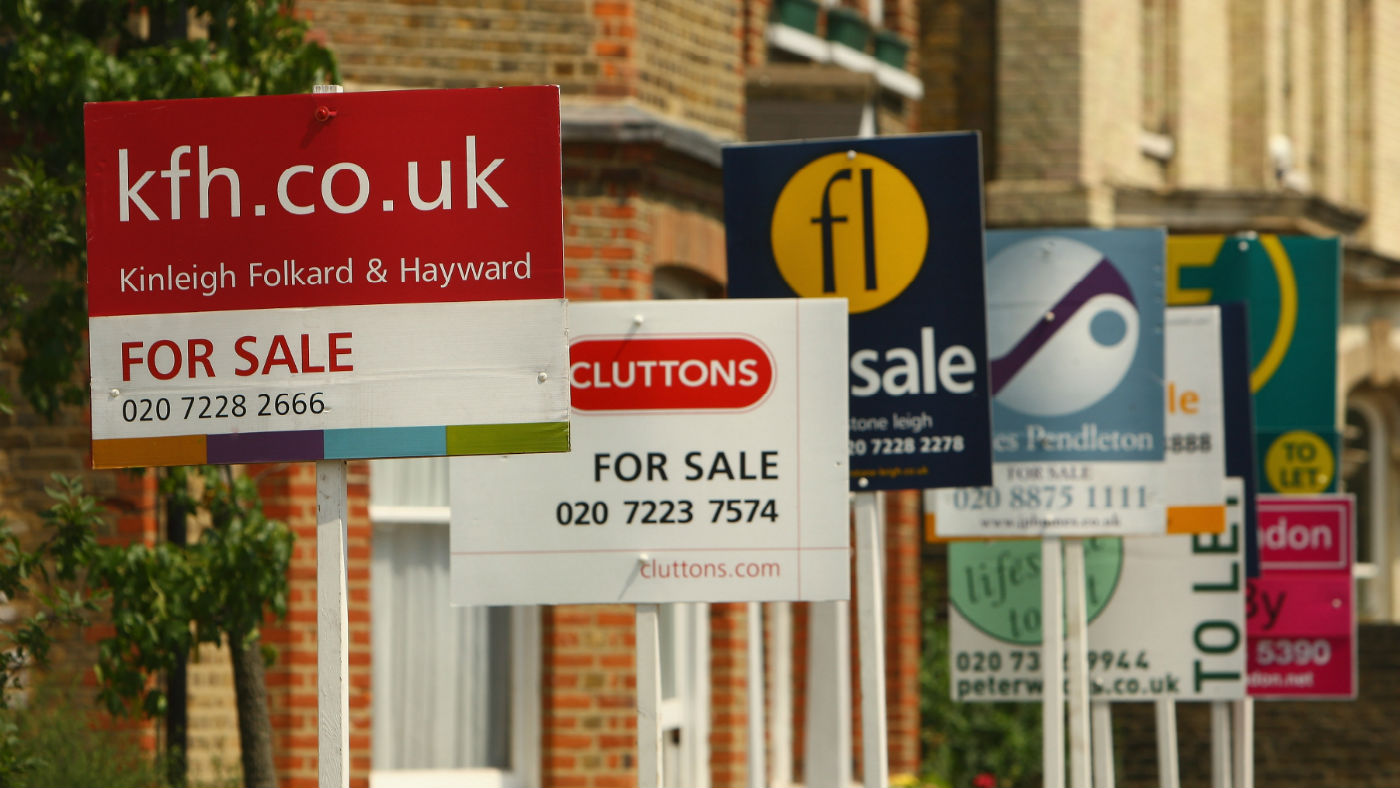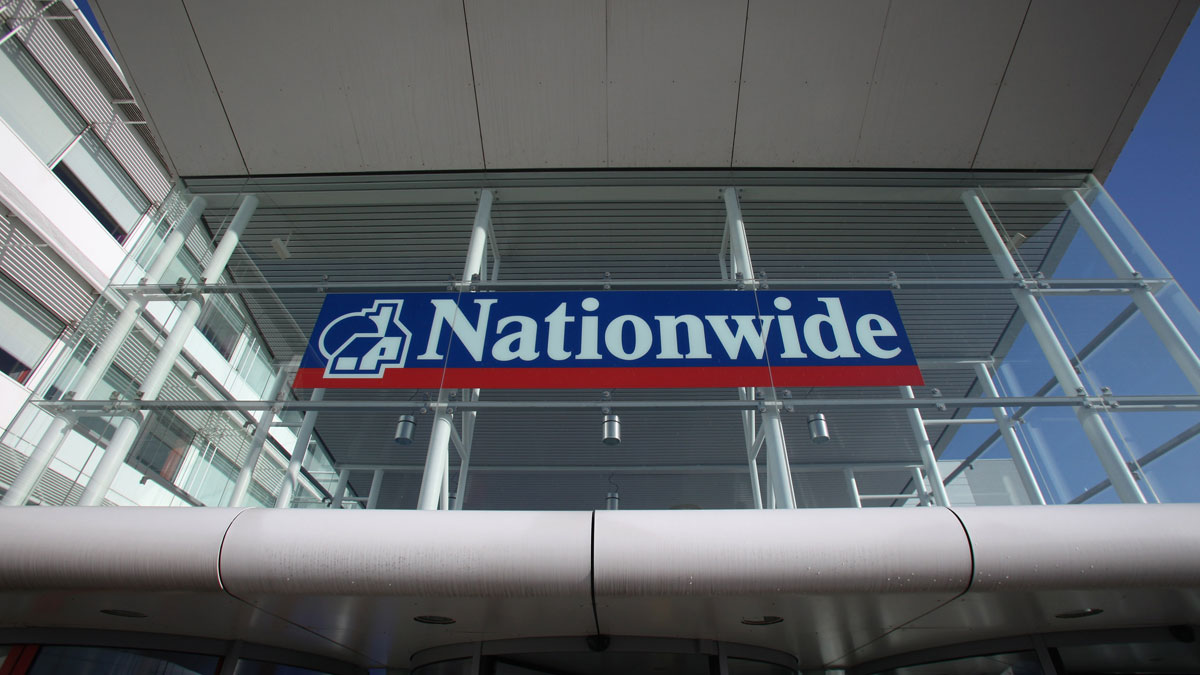Persimmon bolstered by housing demand
Rising house prices a double-edged sword as margin pressures mount on Persimmon Homes

A free daily email with the biggest news stories of the day – and the best features from TheWeek.com
You are now subscribed
Your newsletter sign-up was successful
by Sean Flynn, Shares magazine
With the housebuilding sector on something of a tear again, largely as a result of the new-found certainty delivered by the Conservative Party's surprisingly decisive victory in the general election, Persimmon is pursuing a strategy that does not differ too dramatically from that of its high-end peers.
Shares in most housebuilders have rebounded significantly since pre-election jitters as the markets show their approval for five more years of Tory rule.
The Week
Escape your echo chamber. Get the facts behind the news, plus analysis from multiple perspectives.

Sign up for The Week's Free Newsletters
From our morning news briefing to a weekly Good News Newsletter, get the best of The Week delivered directly to your inbox.
From our morning news briefing to a weekly Good News Newsletter, get the best of The Week delivered directly to your inbox.
Valued at around £6.1 billion, Persimmon ranks third among the UK's housebuilders and has, since the financial crisis, adopted what has gone on to become the sectoral norm of maintaining low debt levels and opting to build for margin rather than volume.
This strategy is serving Persimmon well. Yet from the perspective of those looking to get on the housing ladder, this prudent management of margins and debt could be seen as exacerbating an increasingly problematic housing market where affordability and rising foreign buy-to-let ownership – particularly in overheated London – are unlikely to go away as dinner party conversation topics any time soon.
In this case, those criticisms may be misplaced. Since Persimmon does not operate in the capital, it cannot really be blamed for the city's escalating housing crisis. And the Fulford-based builder has seen housing volumes increase by more than a third over the past two years.
Persimmon's economy of scale means that it is well placed to continue capitalising on the UK's seemingly insatiable need for new housing stock. In the UK, we need between 200,000 and 250,000 new homes built every year, while recent government data suggests that in 2013-14 only 140,930 dwellings were completed.
A free daily email with the biggest news stories of the day – and the best features from TheWeek.com
A trading update from Persimmon in April suggested that customer confidence continues to be supported by ongoing improvement in the UK's economic performance, while at the same time, the mortgage market continues to offer customers the opportunity to access credit on very attractive terms. Government support in the form of the Help To Buy scheme continues to buoy the builders and this is expected to run until 2020.
The sector's fundamentals remain positive but there are potential clouds on the horizon when it comes to input costs such as land, labour and materials. Like most of the builders canvassed, Persimmon seems happy enough that it can manage these inputs at their current levels without compromising operating margins. Labour and materials are, we are told, not presenting any major issues but this would seem at odds with much of the anecdotal evidence and furthermore the paucity of skilled labour is being flagged by trade bodies.

-
 Local elections 2026: where are they and who is expected to win?
Local elections 2026: where are they and who is expected to win?The Explainer Labour is braced for heavy losses and U-turn on postponing some council elections hasn’t helped the party’s prospects
-
 6 of the world’s most accessible destinations
6 of the world’s most accessible destinationsThe Week Recommends Experience all of Berlin, Singapore and Sydney
-
 How the FCC’s ‘equal time’ rule works
How the FCC’s ‘equal time’ rule worksIn the Spotlight The law is at the heart of the Colbert-CBS conflict
-
 Can Trump make single-family homes affordable by banning big investors?
Can Trump make single-family homes affordable by banning big investors?Talking Points Wall Street takes the blame
-
 UK house prices fall at fastest rate for nearly 14 years
UK house prices fall at fastest rate for nearly 14 yearsSpeed Read First-time buyers may welcome the news but higher than expected inflation means mortgage costs remain an issue
-
 Interest rates: why the long era of ever-cheaper finance is finally over
Interest rates: why the long era of ever-cheaper finance is finally overfeature Bank of England is warning that hikes are ahead as inflation soars
-
 Will Rishi Sunak extend the stamp duty holiday?
Will Rishi Sunak extend the stamp duty holiday?Today's Big Question Reports suggest that the chancellor is considering a six-week addition to the tax break
-
 UK house prices predictions: busiest December in decade - followed by slowdown in 2021
UK house prices predictions: busiest December in decade - followed by slowdown in 2021Speed Read Zoopla forecasts that only 50% of sales will complete before end of stamp duty holiday
-
 UK house prices fall as sellers race to beat stamp duty deadline
UK house prices fall as sellers race to beat stamp duty deadlineSpeed Read Dip comes amid surge in properties being sold at Homes Under the Hammer-style auctions
-
 Three- and four-bedroom houses selling at record prices
Three- and four-bedroom houses selling at record pricesSpeed Read Buyers seeking ‘second-stepper homes’ push average asking price to more than £290,000
-
 Nationwide triples minimum deposit for UK first-time buyers
Nationwide triples minimum deposit for UK first-time buyersSpeed Read Average minimum deposit rises by more than £20,000